Empowering Human Potential
We’re not just another coaching or consulting team.
We are a bespoke system for change, dedicated to transforming individuals and the organisations they create. With over 50+ years of combined industry experience, we believe that real, sustainable success stems from embracing the unique potential of every human.
We challenge, motivate and inspire people and their organisations to become more human—empowering leaders to lead, teams to unite, and individuals to thrive.
Putting People at the Heart of Progress
We are here to help you unlock the full potential of your people and organisation.
By focusing on what truly drives success - the needs, aspirations, and potential of your people - we enable you to create a workplace where everyone can thrive.
Whether you’re looking to inspire stronger leadership, enhance team alignment, or foster individual growth, our strategies are designed to support your goals and deliver measurable results.
It's not just our goal, it's our mission to guide you in building a people-centric organisation where purpose and profit align. By prioritising genuine human needs, you can cultivate a culture of engagement, innovation, and resilience that benefits everyone - leaders, teams, and the communities you serve.

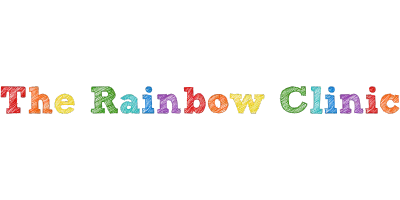

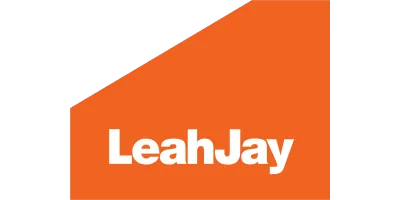


our services
Tailored Solutions for Human-Centered Growth
We offer a range of services designed to unlock potential, drive meaningful change, and deliver lasting results. Our expertise spans leadership, team alignment, and individual development, ensuring we meet your unique needs at every level of your organisation.
Below you'll find our core service range, however, we'd love to chat to see what might be the right fit for your and your company.
One-on-One Executive Coaching

Our one-on-one, uniquely designed Executive Coaching supports you to:
Unlock your full leadership potential
Gain tools and strategies to drive meaningful change
Navigate challenges with clarity and purpose
Authentically lead your team and organisation
HR Consultancy and Assessment

Our tailored HR Consultancy and Assessment services empower you and your team to:
Reimagine HR practices to align with people-first principles
Foster a thriving workplace culture that supports engagement and productivity
Identify growth opportunities through bespoke assessments and insights
Drive sustainable transformation by prioritising people, purpose, and profit
Organisational Development Adventures
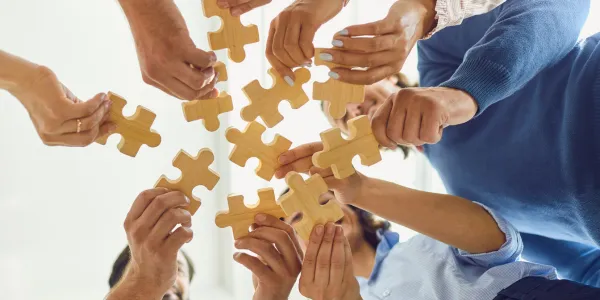
By understanding your unique business dynamics, our Organisational Development Adventures will support you and your team to:
Choose the journey that works for your organisation
Tailor HR solutions to fit your unique needs and goals
Foster a culture of collaboration, inclusion, and wellbeing
Build essential skills for leadership, resilience, and team success
Create a workplace where purpose and productivity thrive
here's how it works
Human-Led Strategies for Lasting Change
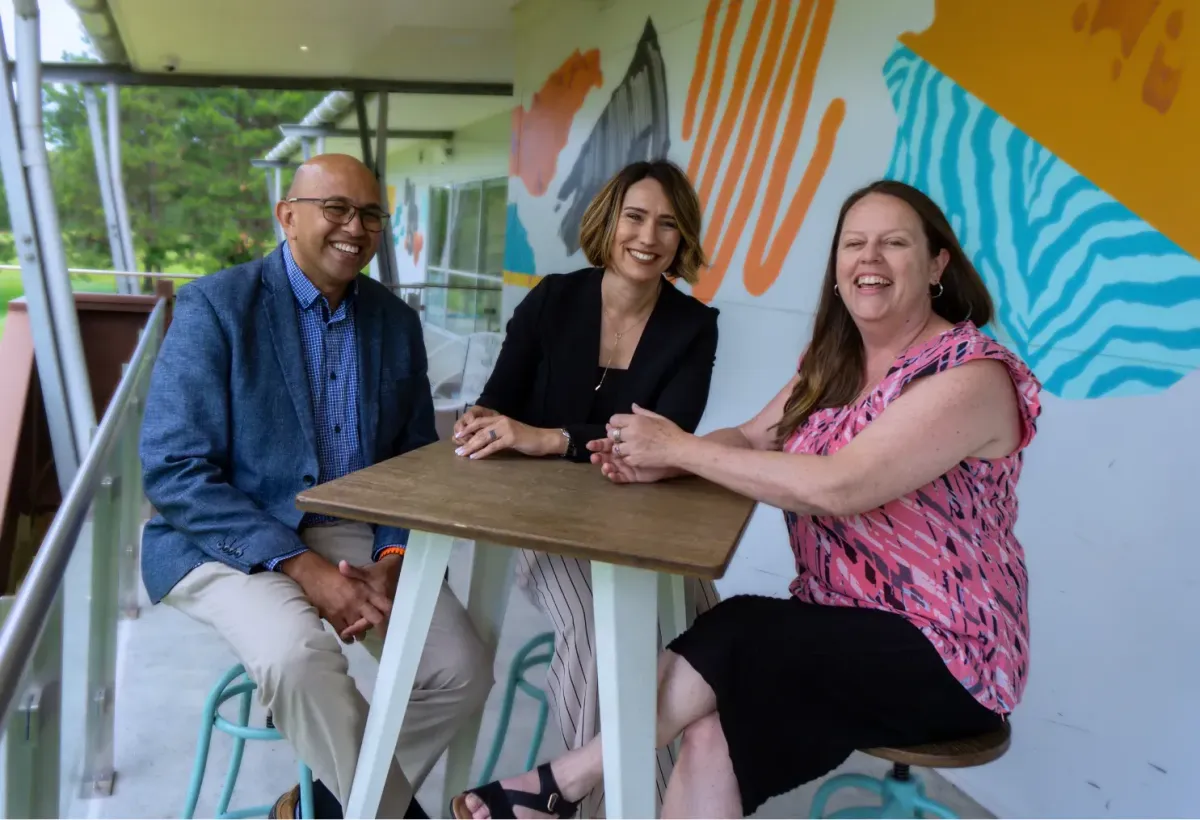
We combine the latest insights in human psychology with decades of experience in organisational transformation.
Our tailored solutions address your unique challenges, ensuring the changes we help you implement today fuel long-term success. From courageous leadership to constructive culture building, we provide the tools and expertise you need to create positive, sustainable impact.
We partner with you to create a future where your people thrive, your goals are realised, and your organisation achieves lasting success.
Let’s work together to spark a transformation that puts people at the heart of progress.
are you ready?
Transforming Business Through Humanity
We combine the latest insights in human psychology with decades of experience in organisational transformation.
Our tailored solutions address your unique challenges, ensuring the changes we help you implement today fuel long-term success. From courageous leadership to constructive culture building, we provide the tools and expertise you need to create positive, sustainable impact.
We partner with you to create a future where your people thrive, your goals are realised, and your organisation achieves lasting success. Let’s work together to spark a transformation that puts people at the heart of progress.
Check out our latest articles
Insights for a More Human Workplace
** ARTICLES COMING SOON **
Don't take our word for it
Read what others are saying

ANNIKA JAMIESON | DIGITAL GROWTH STRATEGIST
The team at Being More Human have a contagious passion for empowering people, backed by years of experience in everything to do with culture building, leadership development, HR and strategic planning.

IAN RODRIGUES | DIRECTOR
Being More Human has been a critical part of this change, taking the time to get to know our people and their drivers. The level of trust and respect is critical to engaging on a growth/change process.
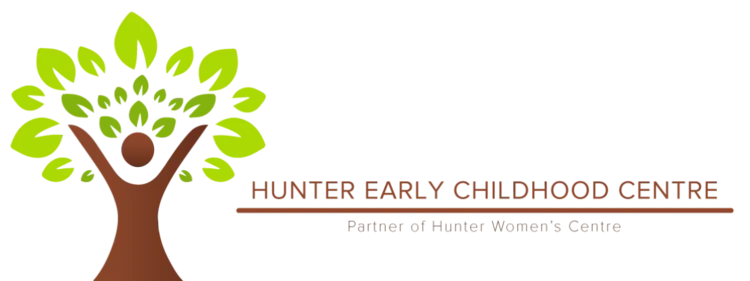
TANYA WINN | DIRECTOR
We received an amazing amount of group and individual support in and around wellbeing for staff, HR support and coaching in identifying and implementing change and innovation around work culture.

© Being More Human 2024 · Made by Green Chilli Marketing
Privacy | Terms & Conditions
We acknowledge the traditional custodians of this land and pay our respects to the elders both past,
present and future for they hold the memories, the traditions, the culture and hopes of Aboriginal Australia.
We must always remember that under the concrete and asphalt this land is, was and always will be traditional Aboriginal land.
